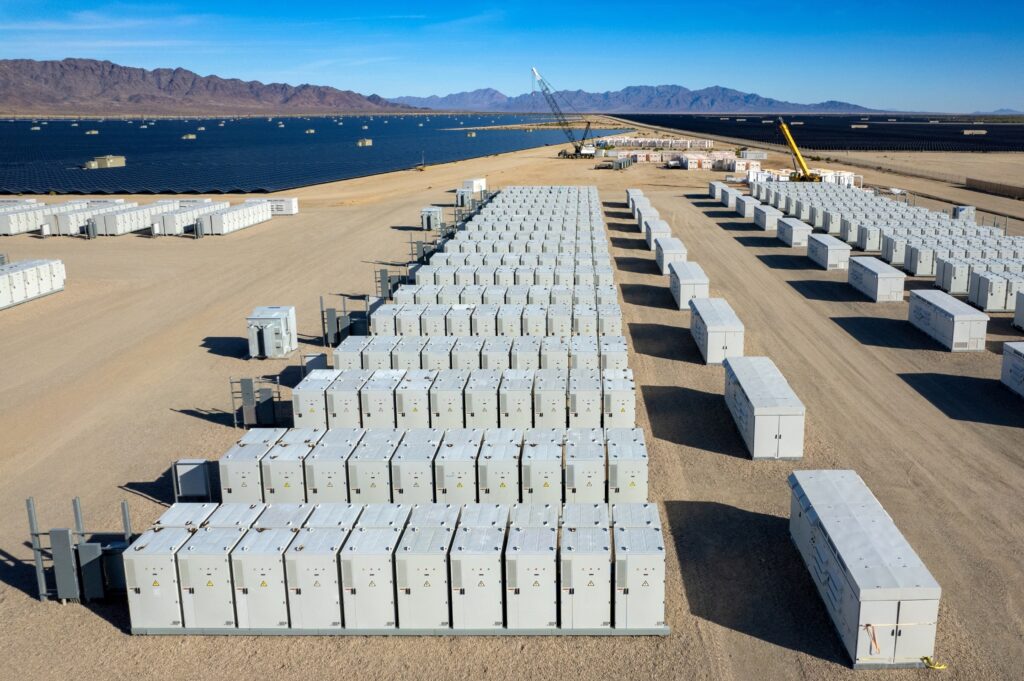Disaster Relief is Chaotic. Iron Sheepdog Makes Cleanup Efforts Organized, Transparent and Efficient.
By Mike Van Sickel MBA, DBIA
A group of truck drivers who hauled away debris from California’s Palisades Fire in January still haven’t been paid months after working 16 hour days in the burn zone. It’s a familiar story after natural disasters — one that haulers are trying to avoid as hurricane and fire season are already underway.
Disaster relief is chaotic: communities face the daunting challenge of rescue and recovery, as well as setting up a system for managing everything related to trying to clean up and resume normal operations. In many cases, localities need to rely on state and federal assistance to coordinate, fund and manage resources as volunteers and contractors rush in to help.
Whether it’s energy companies working to restore power or dump truck fleets looking to carry debris away, we’ve all witnessed the heroes who come from near and far to literally line the streets of communities in need. But the reality on the ground is there needs to be a clear chain of command and accountability — especially as the price tag for recovery often reaches hundreds of millions of dollars, if not more. It is not uncommon for vendors and contractors from all disciplines to be a couple of degrees removed from the leadership making decisions about how to move disaster relief efforts forward.
Iron Sheepdog is a software platform for short haul trucking backed by SJF Ventures. We created the company with a mission to bring transparency, reliability and efficiency to dump truck hauling in normal, day-to-day operations. But after Hurricane Helene ravaged western North Carolina, we quickly recognized that the same benefits we bring to any major construction project also apply to disaster recovery efforts.
Our broker network was able to mobilize hundreds of trucks for debris cleanup, road clearing, and rebuilding. When traditional communication and GPS systems failed, our app and platform became the lifeline providing real-time tracking, credit checks and prompt payments that kept haulers in place long after they would have traditionally walked away from unreliable relief efforts. For as many well-intentioned volunteers and businesses that step forward in times of crisis, there are also untrustworthy and questionable actors who move in to take advantage of the chaos. That makes systems offering transparency even more important in times of crisis.
Here’s how Iron Sheepdog and the trucking industry are preparing for the next disaster:
Bringing order to disaster relief
In the aftermath of a disaster, haulers often face three key challenges:
- Knowing who’s in charge and who can be trusted: Identifying not just reputable partners, but the contractors who actually hold the relief contracts.
- Coordinating logistics before, during, and after the response: Clear communication is critical to navigate access points, track loads and ensure documentation is properly collected throughout the operation.
- Getting paid quickly enough to keep operating: Trucking companies need payment terms that bridge the gap while state and federal agencies work through funding disbursement, which can take weeks or even months.
Knowing who to trust
How do payment issues occur when the funds are coming from respected government agencies like FEMA? Unfortunately, haulers are several layers removed from the original contract. Subcontractors hire haulers to work, but those subcontractors may disappear after getting paid by the tier above them.
In the wake of Hurricane Helene, Lamont Williams, owner of Stratcon Contracting, tried to lean on his established contractor relationships to offer help. But with so many individuals and organizations rushing to assist, distinguishing between reliable partners and potential bad actors can be difficult. That’s where Iron Sheepdog came in.
We helped Williams and his partners develop a blueprint for engaging with new companies that included credit checks and verifying client information, ensuring that Stratcon only worked for solid, trustworthy companies. Through Iron Sheepdog’s broker network, Williams quickly mobilized trucks from five different states — haulers who were not only ready to work, but were already operating on the same platform for seamless coordination, tracking and payment.
“We had access to other brokers and owner operators with the click of a button,” said Williams. “There was never an issue of having enough trucks. We just had to determine where to assign them.”
Managing jobs and tickets
Iron Sheepdog allows brokers to manage jobs, track trucks, and digitize tickets, while the hauler app provides real-time job information and optimizes routes. Archer Western, a prime contractor working in the aftermath of Hurricane Helene, had nearly $1 million in outstanding material costs that they were unable to invoice because of missing paper tickets. Iron Sheepdog’s digitized ticketing system produced the missing tickets, allowing Archer Western to submit them for payment and avoid lost revenue
Our drive for efficiency extends to disaster recovery by ensuring that the movement of material — a process that involves contractors, haulers, dump sites and material suppliers — is optimized through one platform. Trucks may carry debris to a dump site and then return with material like stone or sand to help with rebuilding efforts. This kind of continuous workflow eliminates empty trucks (often referred to as deadhead miles) and accelerates relief efforts.
Keeping haulers on solid financial footing
In western North Carolina, Dekota Marshall, DBE, HUB, SBE, POC., owner of 1st & Goal Hauling, continues to rebuild highways and back roads long after most trucking companies have moved on. With Iron Sheepdog’s financing support, his haulers received prompt payment for critical storm cleanup work, giving them the confidence to stay on the job and allowing local agencies to maintain momentum in the recovery.
“Without Iron Sheepdog, we wouldn’t have been able to stay out here this long. Getting paid quickly meant I could keep my trucks running and my crew working when the area needed us most,” said Marshall.
The region’s mountainous terrain also posed constant challenges to Dekota and his team. Hazardous roads demanded slower, more cautious driving, while traditional communication was difficult. Iron Sheepdog’s app helped fill the gap, allowing Marshall’s team to track loads, reroute drivers, and coordinate support even when other systems failed.
We wish that the technology we’ve developed for the trucking industry as a whole would never be needed for these disaster relief efforts. But if haulers are called to help in the weeks and months to come, we’ll do our part in making sure the work is managed fairly and efficiently.
Want to learn more about how Iron Sheepdog delivers efficiency and stability for brokers, contractors, and haulers? Visit our website to sign up for a free trial.
Are you a supply chain or circular economy founder? SJF Ventures would love to hear from you and learn about how your technology is making supply chains more efficient.

